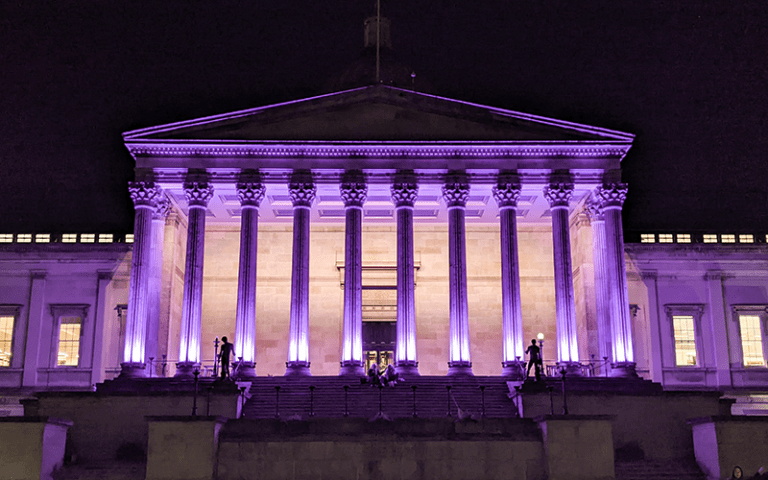10 December 2018
Yesterday, Sunday 9 December 2018, marked the 70th anniversary of the adoption by the United Nations General Assembly of the Convention on the Prevention and Punishment of the Crime of Genocide (writes Nicola Wetherall). As we formally recognise this important milestone, the UCL Centre for Holocaust Education believes it provides an appropriate moment to consider the legacy of the Convention and its forefather, Raphael Lemkin, as well as the challenges and opportunities it presents us with in the present day in terms of prevention and education.
Professor Stuart Foster, the Centre’s Executive Director, commented:
“Genocides occur because perpetrators place no value on the rights and humanity of ‘others’. So, it is imperative that we educate for a world in which understanding overcomes ignorance and empathy prevails over brutality.”
Teaching and learning about genocide – be it the Holocaust, or those that came before or after it – is not an easy endeavour. The Centre work’s on daily basis with teachers, helping to support those who wish to develop their practice and make their students’ encounters with the Holocaust and the phenomena of genocide as meaningful and productive and possible.
(more…)

 Close
Close


